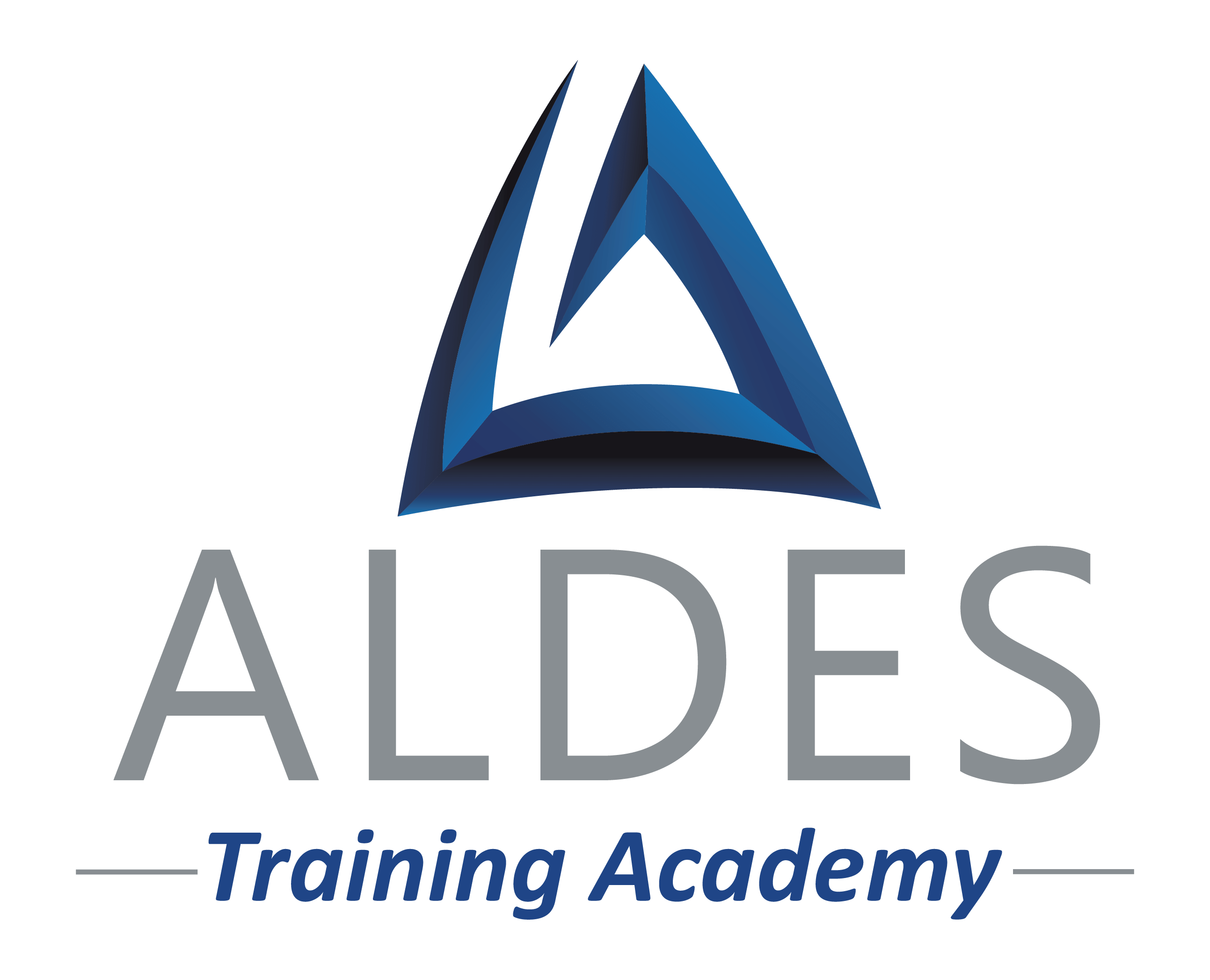- training@aldes.co.za
- Mon - Thur: 08:00 - 16:00 | Fri: 08:00 - 15:00
Financial Statements (FLST)
R2,000.00
Or split into 4x interest-free payments Learn more


No interest, no fees,
4x instalments over 6 weeks
How it works
Payflex lets you get what you need now, but pay for it over four interest-free instalments. You pay 25% upfront, then three payments of 25% over the following six weeks.
1
Shop Online
and fill your cart
2
Choose Payflex at checkout
3
Get approved and
pay 25% today
with your debit
or credit card
4
Pay the remainder
over 6-weeks.
No interest.
No fees.
- You must be over
18 years old - You must have a valid
South African ID - You must have a debit or credit card
issued by Mastercard, Visa or Amex
Still want more information? Click here
Related products
-
Economics (ECON)
R2,000.00 -
Management Accounting & Control Systems (MACS)
R2,000.00 -
Financial Reporting & Regulatory Frameworks (FRRF)
R2,000.00 -
Business & Office Administration 3 (BOA3)
R2,000.00






